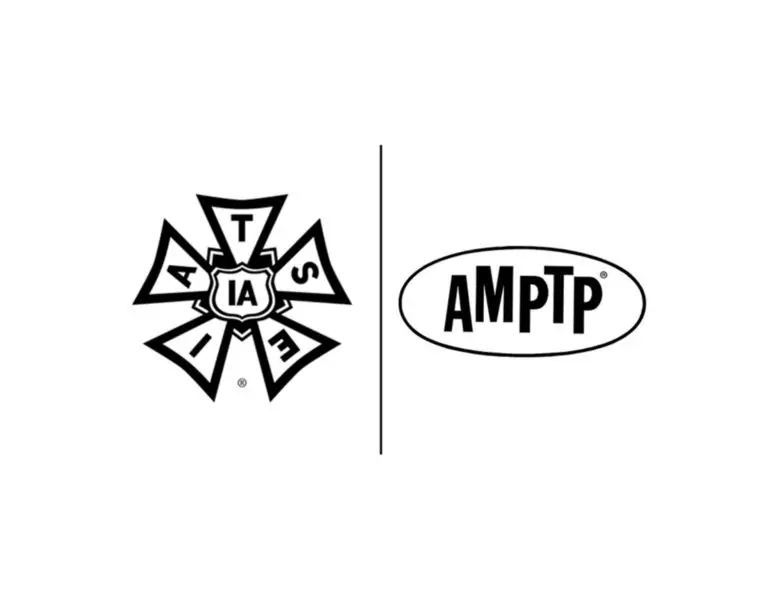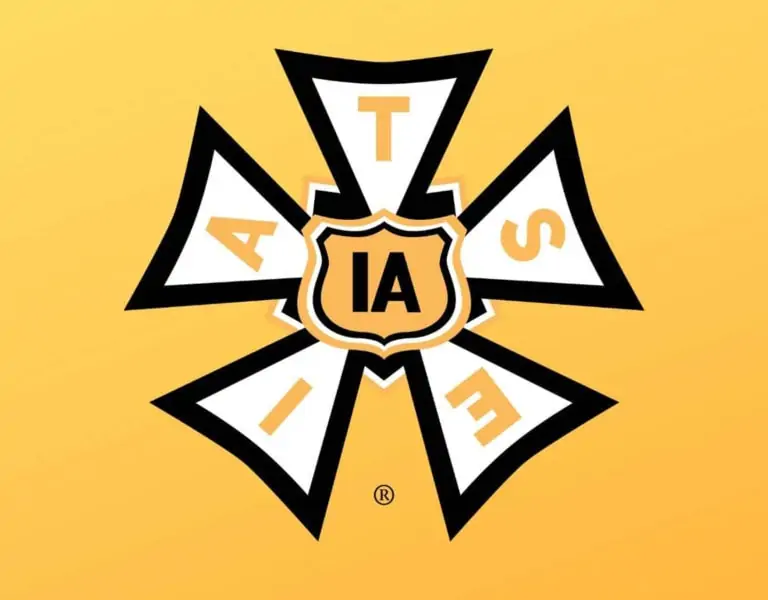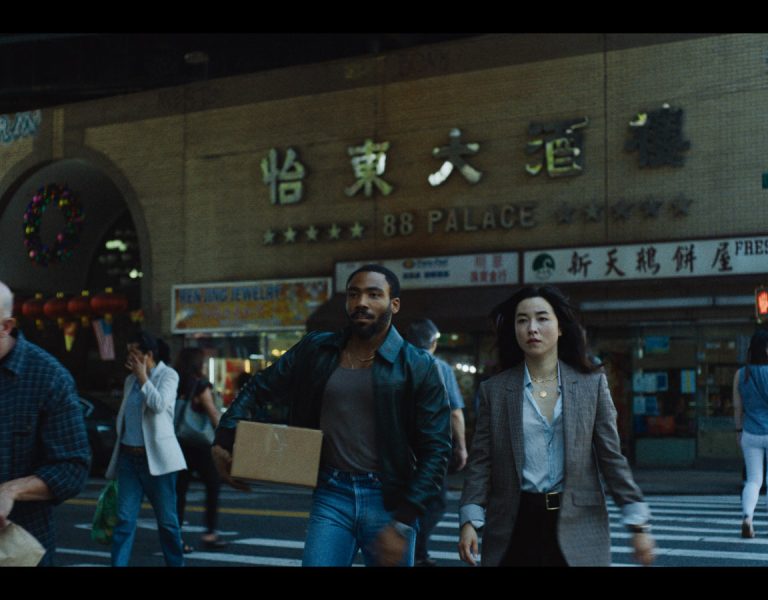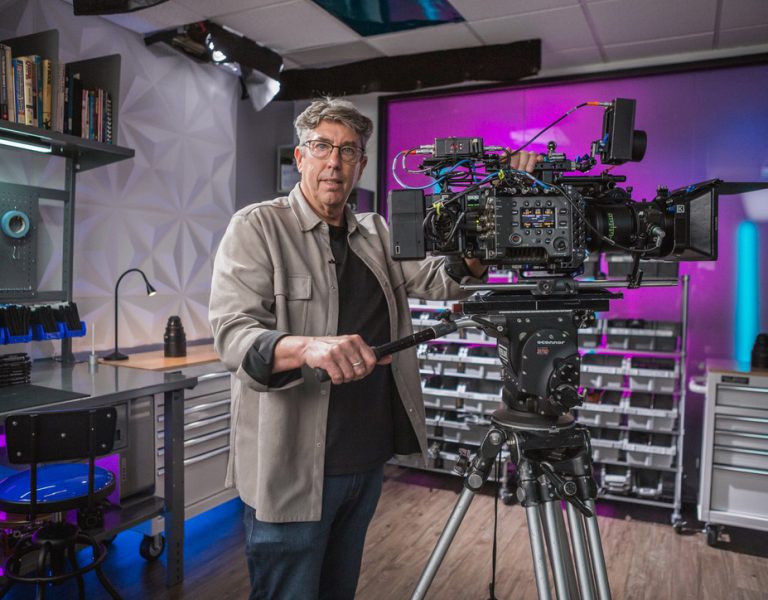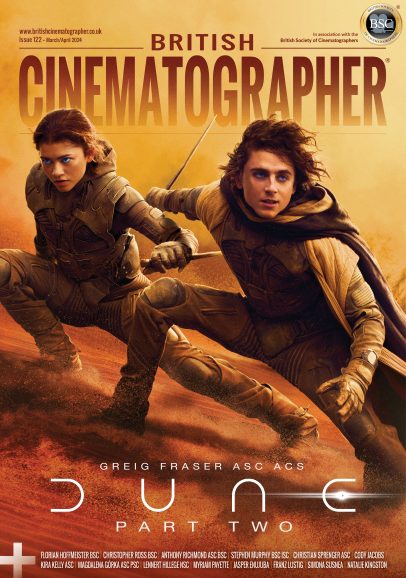Steven Poster ASC reflects on his experiences of strike action at various points in his career and how the situation differed to the current labour action impacting the industry.
I’m writing this at the beginning of the SAG-AFTRA and Writers Guild work stoppage; the strike. There hasn’t been a labour action in our industry that is this serious for over 60 years. And this is really the first taking place in what I will call the information age. What I mean by that is it is the first that is supported by online information and instant communication across the world. The difference is that we now have multiple sources of information about the strike(s) every day, all day long. There has been so much written already about these labour actions that we should know everything that is going on behind the scenes.
In fact, most of the media messaging is speculation because if there are any real negotiations going on it is always done in media silence.
What I’m hoping of course is that both strikes will be settled by the time you are reading this. I said “hoping.” Nobody can predict what might happen. And nobody outside the room(s) really knows what is happening right now. In the rooms there is usually an odd mixture of familiarity, feigned civility, and underlying hostility. I’ve been there a number of times. I know these people. It is one of the strangest human interactions I have ever witnessed. Outside the room people think we are negotiating with producers. It may seem shocking, but there are no producers within miles of the room.
We sit in a long and narrow room with a single table long enough to seat at least 50 Union leaders and negotiators sitting on one side and at least 50 high powered corporate lawyers on the other. I have been told on occasion that these lawyers don’t know what it is that we do that gets us paid by their corporations. In fact, I was once told by one of those Suits, “We don’t want to know what you do. These negotiations are only about the numbers. So, we don’t need to know what you do.”
That’s not true of all the lawyers. I was asked once to take a new head of labour relations from one of the studios around to see a company in production so she could learn what we do.
I can tell you though that this will be a time you will never forget. There are usually a few of those in one’s lifetime, like the moment I heard that John F. Kennedy had been shot, or exactly where I was when John Lennon was murdered.
In 1980 there was a looming actors strike. I was on a movie working as Vilmos Zsigmond ASC’s second unit DP. We were shooting in the middle of the King Ranch outside of El Paso. It was so hot that we needed a water truck with shower heads all around the tank to stay cool. But we were all happy to be working. We thought that we were so far off the beaten track they wouldn’t shut us down, would they? The first day of the strike a small pick-up truck drove onto the set, the driver got out, climbed to the roof of the truck and with a loudhailer, announced that we should stop all work, go back to the motel, and check out. We would all be leaving El Paso Texas by that night. It was just like, “Get out of Dodge.” We were disappointed. But we knew it was in our own best interest.
For 93 days there seemed to be little or no movement toward a solution. Many of our Sisters and Brothers and many of the small businesses that rely on production suffered greatly.
To help us get through that period my friend Andy Romanoff and I started a small group that we called “The-Out-Of-Work For Lunch Bunch.” We met every Wednesday for good Mexican food. It started with just a few workers and grew every week. By the time the strikes settled we had about 75 people at our tables. It was very comforting, but it wasn’t really fun. Most of the discussion was about how the producer’s intransigence was hurting all of us.
Back in the early ‘80s we were fortunate not to have to deal with the kind of technical changes that affect everything we do as well as how the studios and producers make their money. Don’t get me wrong, we were squeezed back then, but not because the industry was changing radically right in front of our eyes. Everything is changing, which is why we must maintain solidarity to protect our workers and the work we all do. We’ve talked about existential challenges in front of us. That is why now is the correct time to demand to be part of the solution.
I’m hoping that none of us might have to suffer for this situation. And I’m hoping that the sides are smart enough to settle our differences and end with a fair settlement for all. However, it seems that we are a long way from that outcome.


